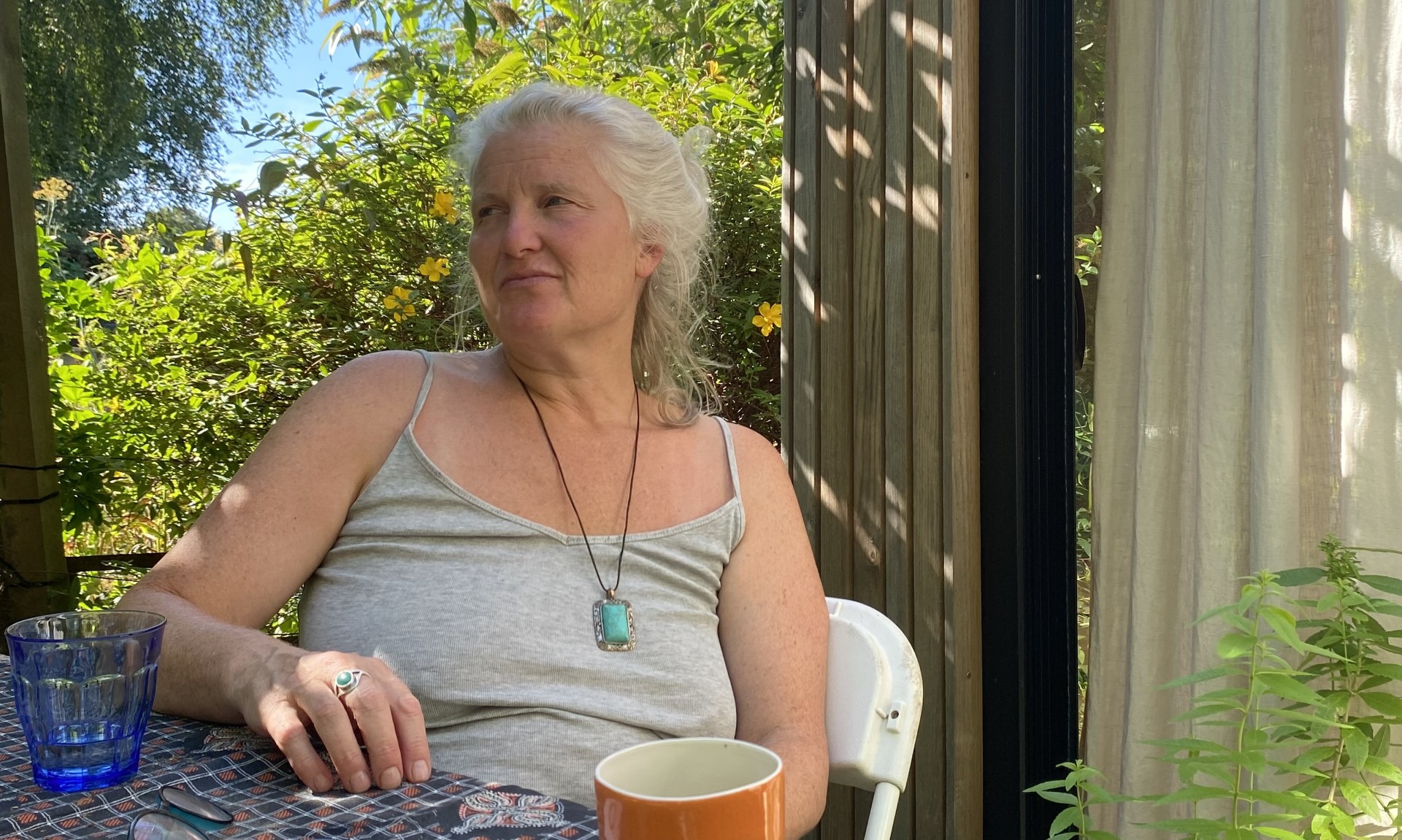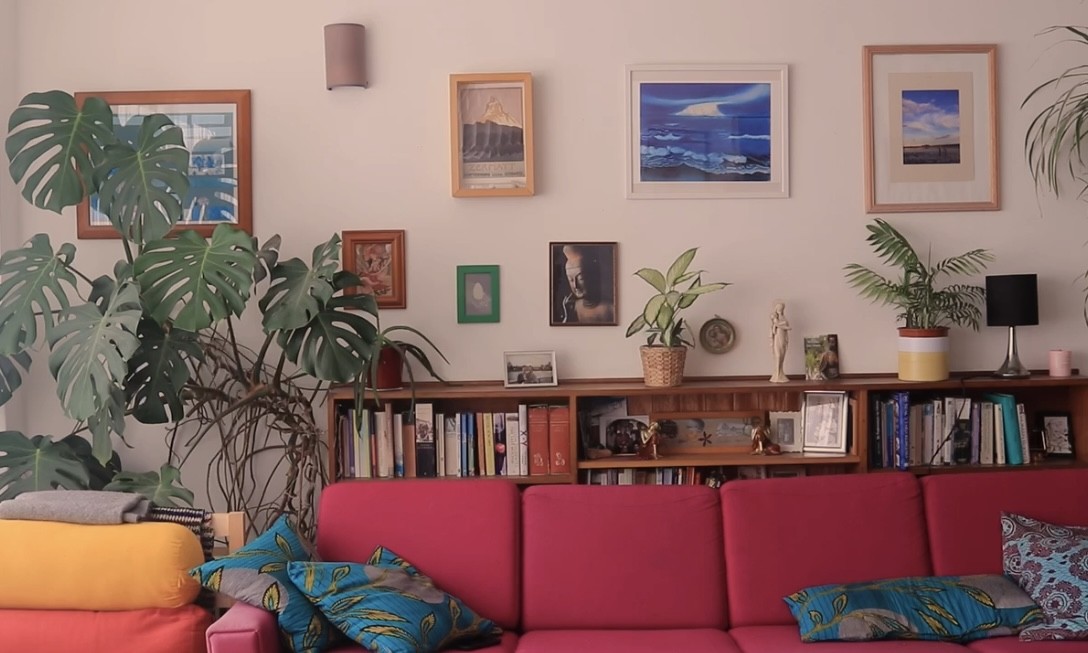Sara Angelini is a 53-year-old who is a mother and psychotherapist who divided her time between looking after her children and working in the NHS as a psychotherapist for Kidney patients. As part of our My Pad series, her daughter May Angelini spoke to her about what home means to her and the importance of having a home to go to.
Where are you from?
I was born in Switzerland to a British mum and an Italian father. There is migration on both sides of my parents’ family which has meant my sense of home has always been one of multiple identities and multiple cultures
How did you end up where you are now?
From a young age I had a sense I was not going to stay in Switzerland and at 18 I moved to France, later to Italy and finally settled in London 26 years ago.
What do you consider home?
Initially, as a child, I think home was inside of me perhaps because of my multicultural heritage but also because we as a family experienced some xenophobia as the only non-swiss family in the village where we lived. This gave me a sense of not being welcome, of not belonging in that community. Home is people who love me. My husband, my children, my family, and my friends. When someone loves you and accepts you completely, that feels like home.
Do you feel like your area is inclusive and makes you feel welcome?
I’ve been lucky to be able to choose the area I live in, and I think choice makes you feel automatically welcome. It’s important to me that the location reflects what I like and need. I wish that everybody could live in a beautiful and comfortable home and area that reflects beauty and comfort. When you have no choice, I imagine feeling at home is harder. Sometimes I wish there was more of a shared community in my area where people can meet and where everybody is welcome. After all, community is a home feeling.
Why do you think home is an important aspect of people’s lives?
I think home is your roots, a creative space where you can express yourself and feel free. When I see the sadness in people’s eyes who haven’t got a home, it’s heart-breaking. But then sometimes you see people have a strong faith or a strong sense of self and that can compensate to some extent for the lack of a physical home. I wonder how people survive the trauma of losing their homes, I am thinking of the people of Gaza being displaced, living in tents, living in fear that even their temporary home could be taken away from them. In that sense home is everything and not having it is dehumanizing.
l like the UK accommodated for refugees or people without a home?
I don’t feel the UK is doing very well with providing good and safe homes for people who need it. I encounter this in my work a lot, where people are forced to live in temporary accommodation, that often isn’t fit for purpose. Having a home is a human right, feeling safe and comfortable is a human right and I want everybody to have that, regardless of who they are or where they have come from. Home ultimately is about a safe haven and that’s very important for us humans, for our physical and mental well-being.
Home in the widest sense is about respect and care for all human beings and the spaces they inhabit, which includes animals and the natural world. Home is creating spaces where people, the world, the community of all things can thrive.

